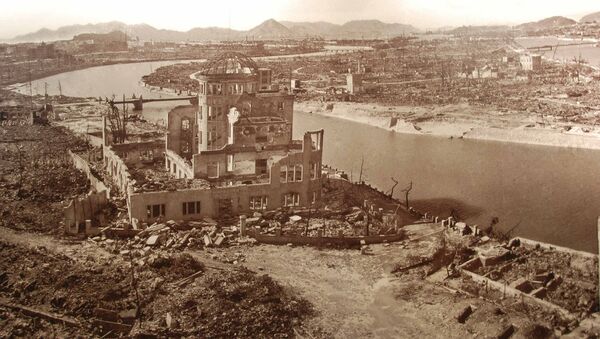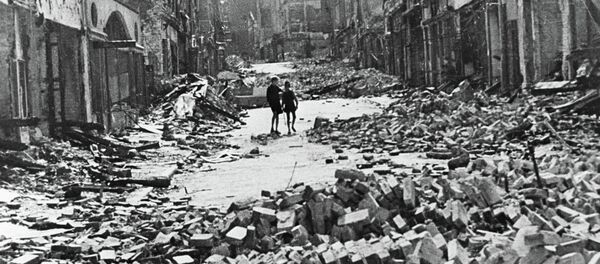Remarkably, the poll has also revealed a large generation gap in the Americans to the use of nuclear weapons against Hiroshima and Nagasaki. About 70 percent of the US elderly (65 years of age and older) believe that bombing of the two Japanese cities was warranted, while only 47 percent of American youths (18- to 29 years of age) share the same stance.
In addition, 29 percent of American respondents claimed that "Japan has not apologized sufficiently for its actions during the war."
Predictably, the overwhelming majority of Japanese civilians denounced the attack as unwarranted: almost 79 percent said the bombing was unjustified, versus only 14 percent, who claimed the opposite.
In August 1945, at the end of the Second World War the United States dropped nuclear bombs on the Japanese cities of Hiroshima and Nagasaki, and in so doing became the first and only country to use nuclear weapons militarily. The massive atomic attack claimed the lives of tens of thousands of peaceful Japanese civilians. According to some estimates, 80,000 to 140,000 people were killed and 100,000 severely injured in Hiroshima. About 74,000 were killed in Nagasaki three days later, while 75,000 were seriously wounded. During the following months and years, many Japanese people additionally died from burns, radiation sickness and other injuries. Many international scholars have now begun to question whether the use of the nuclear weapons was necessary to end the war.



